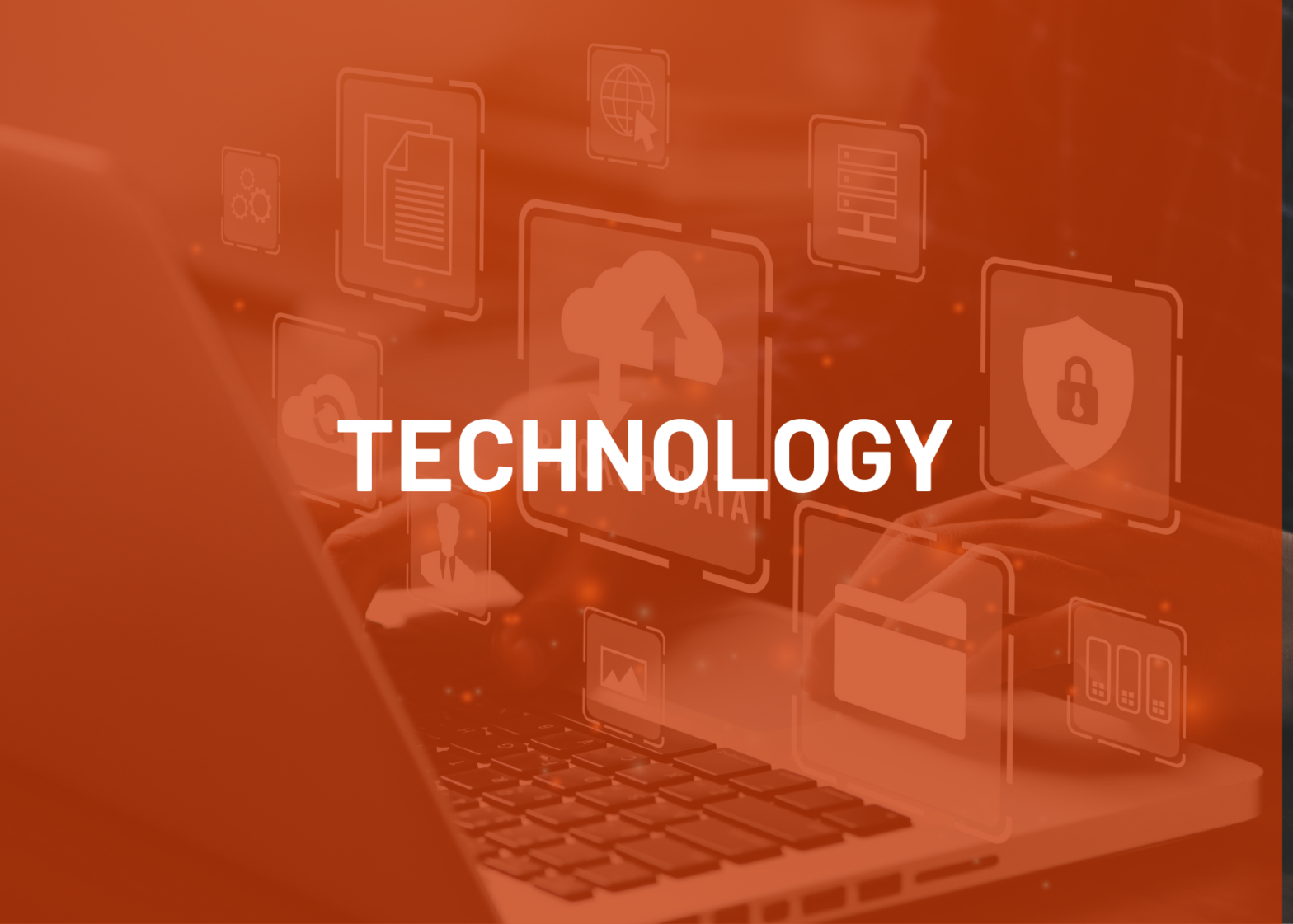Current Landscape of AI in Procurement
Over the past few months, several states have begun considering how artificial intelligence (AI) might be involved in their procurement processes.
At the end of October, President Biden issued an Executive Order on artificial intelligence (AI) detailing priorities for numerous AI activities, including effective government procurement of AI. California and Connecticut have been two of the more ambitious states regarding their evaluation of AI-related systems. In addition, numerous states created AI advisory councils during the 2023 legislative session, signaling increasing interest in involving AI in the procurement process, albeit with a cautionary approach.(1.)
What do you want AI to do/what is AI good at?
As AI integration becomes more commonplace, it is worthwhile to review what some uses for AI in public procurement might be. Earlier this year, NASPO Pulse published a post on this topic entitled “AI May Be Coming to Take Your Job…to the Next Level” that highlighted some potential avenues for AI to enter the public procurement process. We noted that there have been suggestions for AI to assist with:
- Vetting suppliers
- Tracking supplier performance
- Identifying problematic suppliers
- Detecting potential fraud(2.)
Other examples include using chatbots on government websites to help citizens access information on services, which in turn frees up staff time to work on other key objectives.(3.) Chatbots could help the procurement process by allowing suppliers to have basic questions answered by AI, leaving staff additional time to handle more complicated projects. AI is currently well equipped to assist with the automation of basic tasks versus more challenging and sensitive procedures like public procurement contract evaluation.
One other potentially fruitful use of AI in the world of public procurement is its ability to help with practicing negotiations. Large corporations have already begun allowing the entire contract negotiation process to be handled by AI.(4.) Public procurement is still a long way off from adopting this strategy and given the heightened level of scrutiny involved in public versus private procurement it might never reach the level of the private sector. However, AI can still be implemented by public procurement officials to improve negotiation outcomes by role-playing contract negotiation scenarios with generative AI tools. For example, you could ask a generative AI tool like ChatGPT to simulate a contract negotiation session with you. The purpose of training with AI in this manner is not to try and identify responses to every potential response from a supplier, but it does provide an excellent starting point for how to formulate questions and replies with a potentially difficult supplier.
What to look for when purchasing an AI service and some potential concerns
Even if AI seems like an interesting tool, there are some obvious data security concerns to be aware of since we are focusing on confidential information most of the time in public procurement. One potential solution is to use AI licensing, where it is clearly stated in the license that your data will not be included in any cloud-based databases, meaning the only data involved is provided by you.(5.)
It is vital to understand which party in an AI licensing agreement will:
- Provide and own the training data;
- Prepare and own the training instructions;
- Conduct the trainings; and
- Revise the algorithms during the training process and own the resulting AI evolutions.
Training an AI on your state’s procurement code and keeping it in a closed system could be incredibly valuable. That way, it does not pull from random outside sources that would render it useless for public procurement officials looking to apply a specific procurement code. While AI seems at times like a silver bullet for any problems you might be facing, it still has significant limitations and pitfalls to consider.(6.) Understanding cybersecurity risks and mitigating them through careful data protection plans is essential to introducing AI into public procurement. Furthermore, there are some commonplace issues regarding Generative AI tools to be aware of, especially if they are not operating in tightly contained closed network systems.(7.)

It’s important to understand what data a Generative AI model uses to create its responses and what shortcomings might exist within that data set that could skew results.
If you are interested in learning more about AI in public procurement, check out the series of essays written on the topic in the summer of 2022 by contributors to The Regulatory Review. These essays touch on issues related to the responsible use of AI by government agencies, how AI could improve the procurement process, and many more related topics.
Resources:
- https://www.ncsl.org/technology-and-communication/artificial-intelligence-2023-legislation
- https://www.govtech.com/artificial-intelligence/could-chatgpt-help-cities-better-vet-potential-vendors?utm_campaign=Newsletter%20-%20GT%20-%20GovTech%20Today&utm_medium=email&_hsmi=262836790&_hsenc=p2ANqtz–3vb7ZwsKmMM5OtiKcuYD8pCWIJ_wVM6fPEnBHtKLINv8eky_327dBt5-Ctb_87aJC7r7SWBTyoSySaiJAyoZQ7j23Kg&utm_content=262840040&utm_source=hs_email
- https://www.route-fifty.com/emerging-tech/2023/10/new-york-city-unveils-ai-action-plan/391235/
- https://hbr.org/2022/11/how-walmart-automated-supplier-negotiations
- https://www.mayerbrown.com/-/media/files/news/2019/01/expert-qanda-on-artificial-intelligence-ai-licensing-w0219801.pdf
- https://www.nlc.org/article/2023/08/31/ai-in-city-procurement-5-pitfalls-to-avoid/
- https://www.nga.org/webinars/introduction-to-artificial-intelligence-ai-in-state-government/
